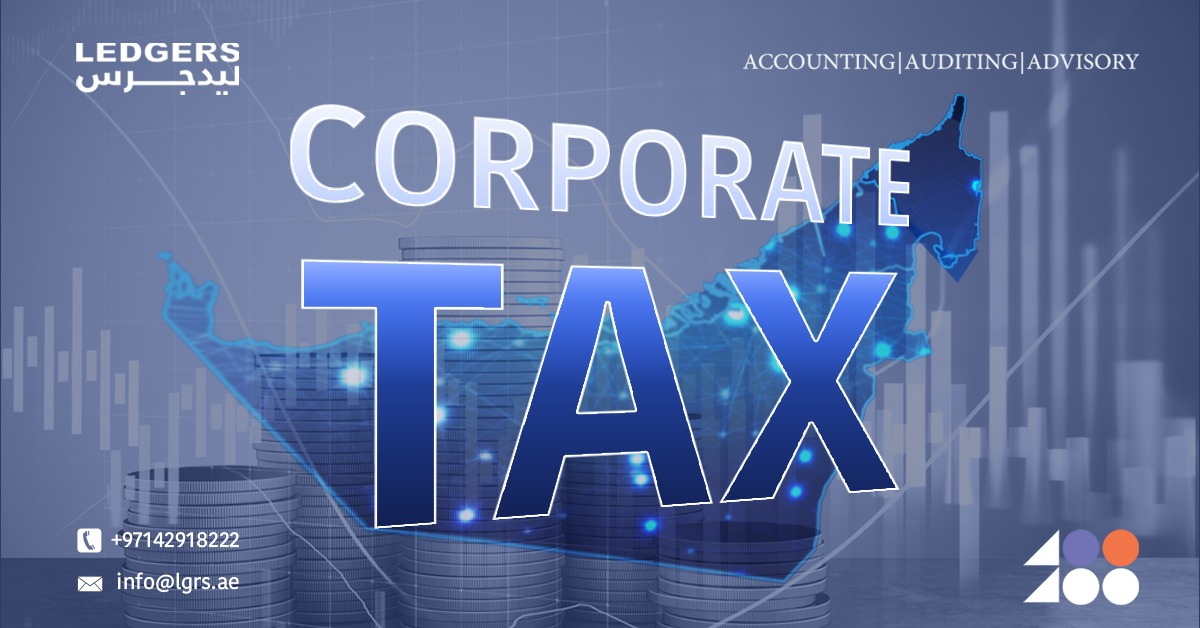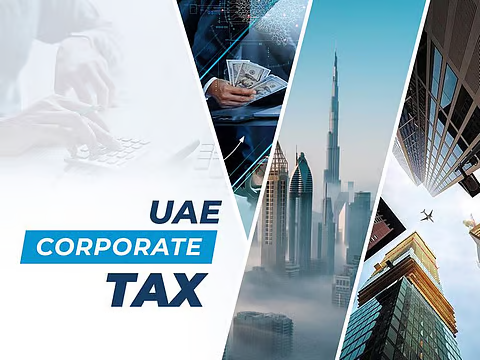Now Reading: UAE Corporate Tax: Critical 9% Shifts for Business Growth
-
01
UAE Corporate Tax: Critical 9% Shifts for Business Growth
UAE Corporate Tax: Critical 9% Shifts for Business Growth

Table of Contents
UAE Corporate Tax: The introduction of a 9% federal Corporate Tax (CT) in the UAE, effective for financial years beginning on or after June 1, 2023, marks a profound shift from its long-standing tax-free reputation. This change, while positioning the UAE in line with global tax transparency standards and diversifying its revenue streams, is fundamentally reshaping business strategy across all sectors. Far from being a mere compliance exercise, the 9% CT is prompting businesses to rethink their operational models, financial planning, and investment decisions.
Rethinking Financial Planning and Cost Structures

For many businesses accustomed to a zero-tax environment, the 9% CT directly impacts the bottom line. This necessitates a rigorous re-evaluation of financial planning and cost structures. Companies are now scrutinizing every expense, identifying areas for optimization and efficiency gains to mitigate the impact on profit margins. This can involve:
- Enhanced Cost Control: Businesses are intensifying efforts to minimize non-essential expenses and rationalize operational costs. This might involve renegotiating supplier contracts, optimizing logistics, or implementing lean management principles.
- Pricing Strategies: Companies may explore adjusting their pricing strategies to absorb or pass on a portion of the tax burden. This requires a delicate balance to remain competitive in the market, considering consumer demand and competitor pricing.
- Profitability Analysis: Businesses are undertaking detailed profitability analyses at a granular level, assessing the true cost of doing business and identifying products, services, or segments that might be disproportionately affected by the tax.
- Cash Flow Management: Optimizing cash flow becomes even more critical. Strategies for managing working capital, receivables, and payables are being revisited to ensure sufficient liquidity to cover tax obligations without hindering growth.
Increased Focus on Compliance and Governance

The 9% CT brings with it a significantly increased burden of tax compliance and demands greater financial accountability. This is driving a shift towards more robust internal systems and professional external support.
- Robust Accounting Systems: Businesses are investing in and upgrading their accounting systems to ensure they can accurately track income, expenses, and taxable profits in accordance with International Financial Reporting Standards (IFRS). This move towards globally accepted accounting practices enhances financial transparency.
- Detailed Record Keeping: The requirement to maintain meticulous financial records for a minimum of seven years necessitates stronger internal controls and documentation practices.
- Regular Reporting and Filing: The mandatory annual corporate tax return filing, even for those with zero taxable income or qualifying for relief, requires dedicated resources and adherence to strict deadlines.
- Demand for Expertise: The complexities of the new tax regime, including transfer pricing rules and the nuances of Free Zone regulations, have led to a surge in demand for professional tax advisory, accounting, and auditing services. Businesses are relying on external experts to navigate the new landscape and ensure compliance, thereby mitigating the risk of penalties.
Strategic Impact on Investment and Expansion

UAE Corporate Tax: The introduction of corporate tax is influencing investment decisions and expansion plans both within and into the UAE.
- Re-evaluating Investment Returns: Investors and businesses are factoring the 9% tax into their return on investment (ROI) calculations for new projects and existing operations. This can influence capital allocation decisions, potentially favoring investments with higher pre-tax returns or those that offer tax incentives.
- Foreign Direct Investment (FDI) Considerations: While the UAE’s 9% rate remains highly competitive globally, foreign investors are now undertaking more detailed tax due diligence. The transparency and alignment with international standards, however, can also enhance the UAE’s credibility as a stable and mature business environment, potentially attracting new investors seeking greater regulatory certainty.
- Restructuring and Optimization: Some businesses are exploring restructuring their operations to optimize their tax position. This could involve reassessing legal structures, considering the formation of tax groups for consolidation, or evaluating the benefits of operating within Free Zones versus the mainland.
- Impact on Exit Strategies: Business valuations are also being affected. Prospective buyers will factor in future tax liabilities, which could influence the valuation of companies in the UAE.
Adapting Business Models and Free Zone Strategies
The differing tax treatments for mainland and Free Zone entities are compelling businesses to critically re-evaluate their fundamental business models and geographic presence within the UAE.
- Free Zone Substance and “Qualifying Income”: For Free Zone entities, the continued benefit of the 0% corporate tax rate hinges on meeting stringent “Qualifying Free Zone Person” (QFZP) criteria, including maintaining adequate substance and deriving “Qualifying Income.” This is pushing Free Zone businesses to ensure their operations align precisely with the defined qualifying activities and to meticulously track income streams. Businesses engaged in activities that primarily serve the mainland market or do not fall under “Qualifying Activities” may face a 9% tax rate on that non-qualifying income, prompting them to reconsider their Free Zone strategy or establish mainland presences.
- Small Business Relief: The provision of 0% tax for businesses with taxable income up to AED 375,000, and particularly the “Small Business Relief” for resident businesses with revenue below AED 3 million until December 31, 2026, is a strategic incentive. This relief encourages entrepreneurship and supports the growth of SMEs, ensuring they are not disproportionately burdened in their formative years. However, businesses leveraging this must be mindful of the thresholds and potential future tax liabilities as they grow.
- Diversification and New Sectors: The government’s objective of diversifying revenue streams through corporate tax aligns with its broader economic diversification strategy. This could lead to businesses exploring opportunities in new sectors that are strategically incentivized or that align with the UAE’s long-term vision, potentially benefiting from future tax policies.
In conclusion, the UAE’s 9% Corporate Tax is not merely a fiscal adjustment; it is a catalyst for fundamental strategic change. Businesses are moving beyond a purely tax-efficient mindset to one that prioritizes financial transparency, operational efficiency, and adherence to international best practices. While the initial adaptation requires significant effort, the long-term outcome is expected to be a more resilient, diversified, and globally integrated UAE economy, attracting investment that values both a competitive tax rate and a robust, transparent regulatory environment. Businesses that strategically adapt to these changes will be best positioned for sustained success in this evolving landscape.
WATCH MORE : https://www.youtube.com/watch?v=UtlB7orXuhA
READ MORE: Free Zone vs. Mainland: Corporate Tax Implications in the UAE






















